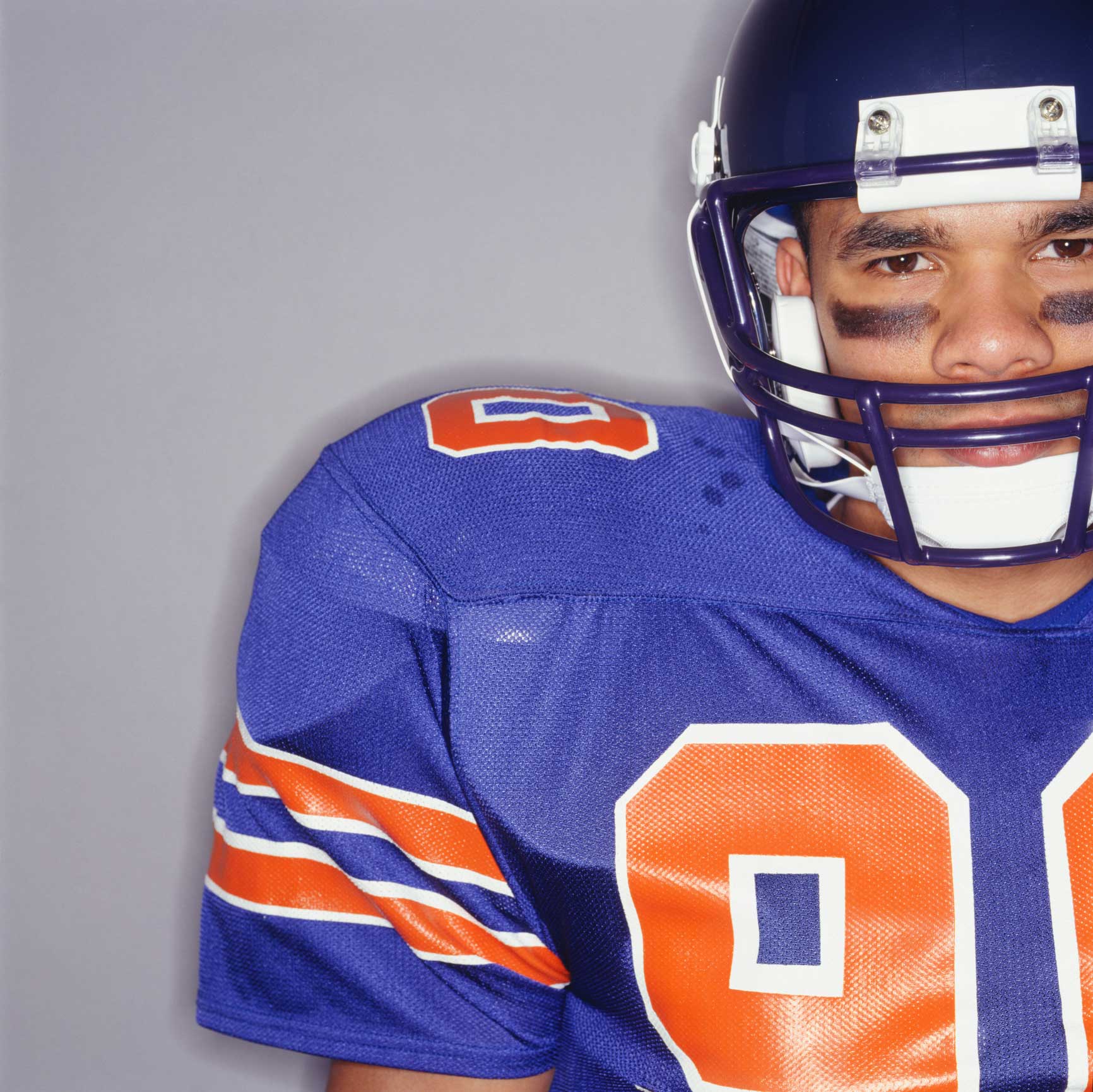<< Back
Back-To-School Sports: Hydration and Concussions

August 16, 2017
By Bill LaBruna
With back-to-school around the corner, it’s important to be aware of your young athlete’s health on and off the field.
Hydration
Hydration is crucial to good overall health and athletic performance. Dehydration affects their performance and also puts them at risk for fatigue, nausea, heat cramps or, worse, heat stroke.
Adequate daily intake of water from beverages and food each is 125 ounces for men and 91 ounces for women, according to the Institute of Medicine. That’s considerably more than the standard recommendation of eight 8-ounce glasses a day. To reach the higher standard, drink water gradually throughout the day. These recommendations do not consider athletic activity and increased temperature. So if you are participating in athletic activity or in a warm climate, or both, more water intake may be needed.
One of the easiest ways your athlete can gauge hydration is checking urine color. Pale or colorless urine usually indicates ample hydration. Light to bright yellow urine means more fluid intake is necessary. Dehydration is something that can be prevented easily as long as it is made a priority.
For more information on hydration and water intake, visit the Centers for Disease Control and prevention here. If you are concerned your athlete is suffering from dehydration, consult a medical professional as soon as possible. (Find the nearest Hartford HealthCare GoHealth Urgent Care or call 860-777-1280.)
Concussion
Concussions are not easy to predict or prevent. It’s important to understand the symptoms. Concussions are difficult injuries because symptoms are not always apparent at the time of the injury. Concussions are caused by a direct blow to the head, or a blow to the body that causes a rapid deceleration of the head (whiplash affect).
If you witness or suspect this type of injury, the athlete should be held out of activity and evaluated by a medical professional. As a reminder, an athlete does not have to lose consciousness to sustain a concussion. Once evaluated by a medical professional and given care instructions, the athlete should be monitored closely by a responsible adult for at least 24 hours after the injury. Symptoms include loss of consciousness, slurred speech, repeated vomiting, unequal pupils, weakness or numbness in arms or legs, decreased responsiveness and convulsions or seizures.
If you notice any of these symptoms, call 911 immediately. For more information on concussions from the CDC, click here.
Use these tips to have a safe and successful sports season for you and your school-age athlete.
If you have any question about athletic concussions and their care at Hartford Healthcare, please contact Dr. Sabramani Seetharama at 860.972.5107 or click here for more information.